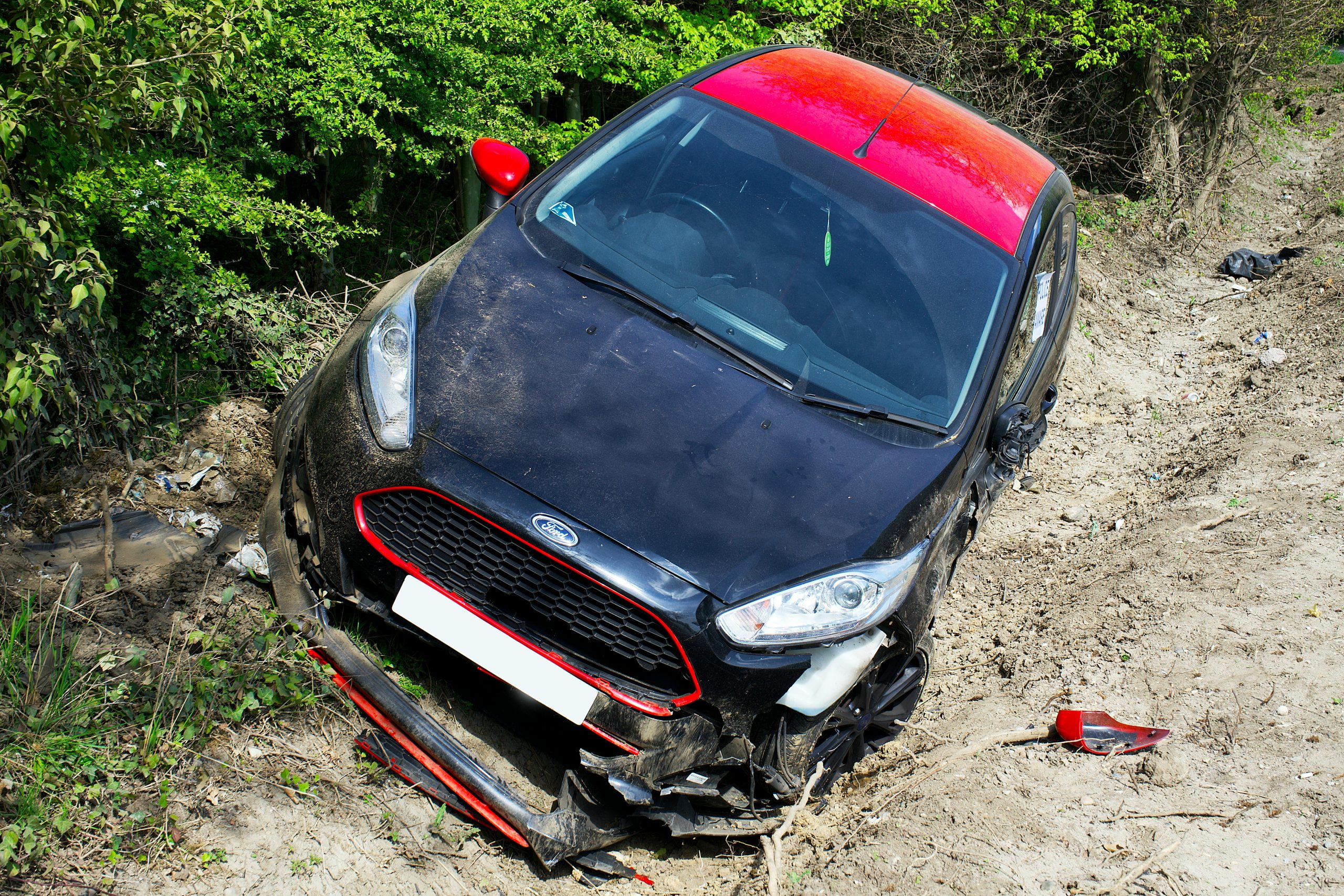 Patricia Spann’s life took a dramatic turn when she lost control of her Chevrolet Cobalt, resulting in a severe accident that left her with multiple fractures and a lengthy hospital stay. She believed the cause of the accident was a faulty power steering system, recently replaced by Gerry Lane Chevrolet as part of a recall. Spann sued Gerry Lane, alleging negligence in the repair and the hiring and training of their mechanics.
Patricia Spann’s life took a dramatic turn when she lost control of her Chevrolet Cobalt, resulting in a severe accident that left her with multiple fractures and a lengthy hospital stay. She believed the cause of the accident was a faulty power steering system, recently replaced by Gerry Lane Chevrolet as part of a recall. Spann sued Gerry Lane, alleging negligence in the repair and the hiring and training of their mechanics.
The legal journey was not a smooth one. Initially, the trial court dismissed Spann’s case, granting Gerry Lane’s motion for summary judgment due to a perceived lack of evidence. However, Spann fought back, securing a new trial based on additional evidence from her expert witness.
This expert, a mechanical engineer, had conducted multiple inspections of Spann’s car, ultimately concluding that the power steering system failed due to improper installation. Gerry Lane challenged the admissibility of this expert’s testimony, arguing it lacked scientific basis and that some inspections violated a court order. However, the court allowed the testimony, stating that challenges to the expert’s conclusions were about the weight of the evidence, not its admissibility. The court also determined that while the inspections without the defendants present were “troubling,” there was no evidence of intentional wrongdoing.
 Insurance Dispute Lawyer Blog
Insurance Dispute Lawyer Blog



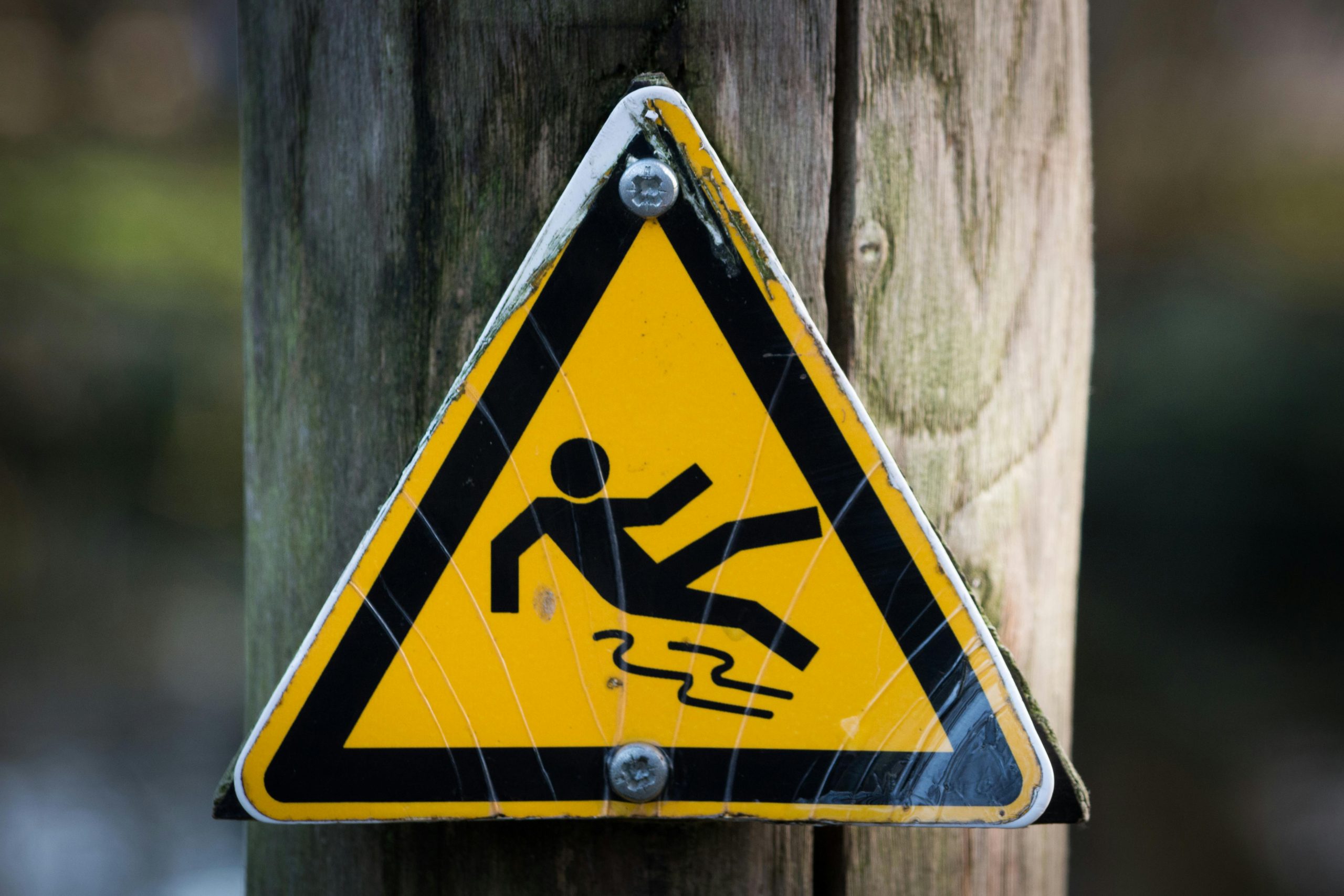 We’ve all heard the phrase “slip and fall,” often in a comedic context. However, slip-and-fall accidents can result in severe injuries and legal battles. The recent case of
We’ve all heard the phrase “slip and fall,” often in a comedic context. However, slip-and-fall accidents can result in severe injuries and legal battles. The recent case of 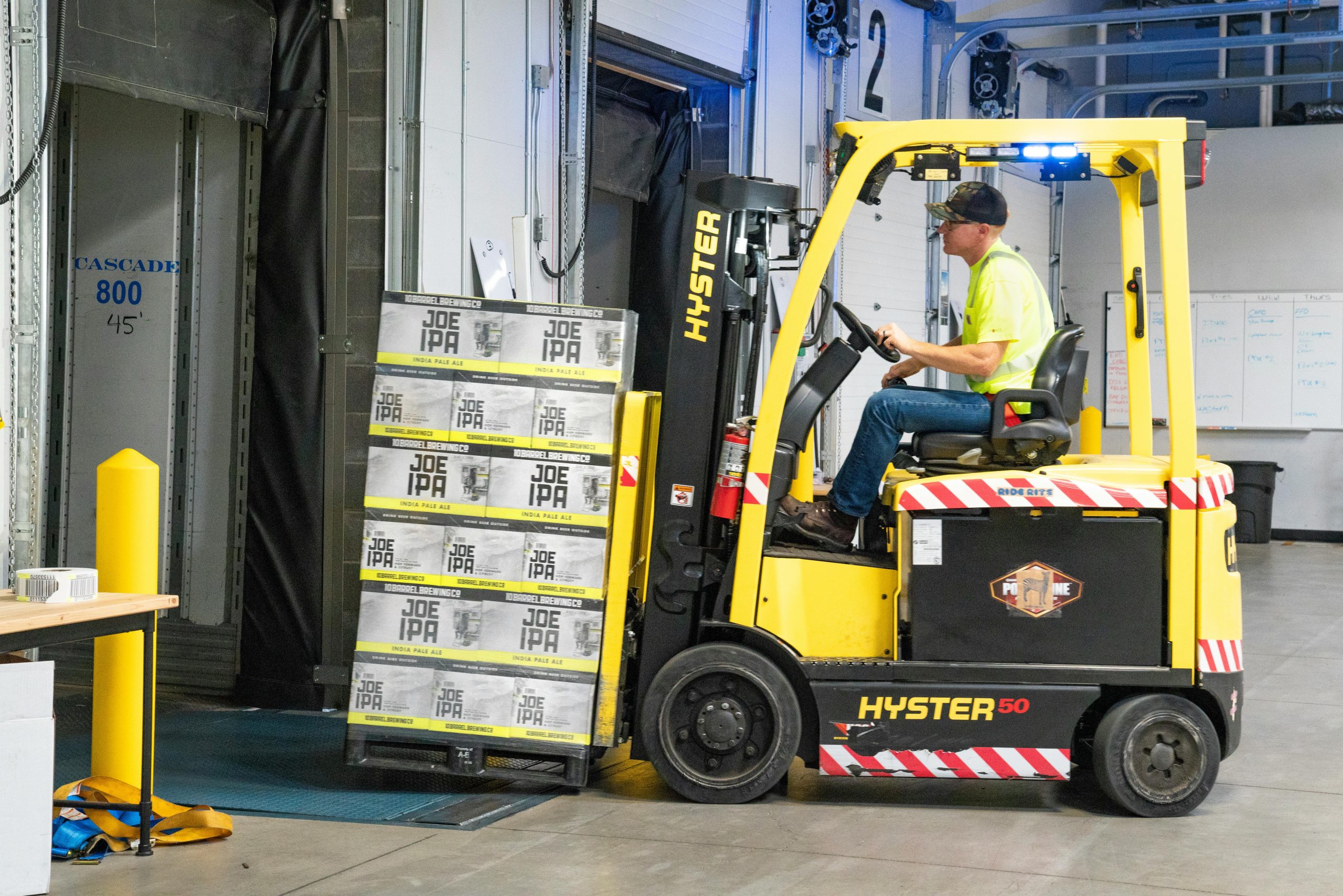 Injuries that occur while an individual is working can devastate the injured party’s life in several ways. Not only does the injured party likely earn less money due to the injury, but other damages, such as medical expenses and loss of enjoyment of life, may also result.
Injuries that occur while an individual is working can devastate the injured party’s life in several ways. Not only does the injured party likely earn less money due to the injury, but other damages, such as medical expenses and loss of enjoyment of life, may also result. David Cox delivered four pallets of shirk-wrapped material for his employer, Southwestern Motor Transport, in June 2012. The delivery location was the Baker Distributing Company warehouse in Shreveport, Louisiana. Baker’s delivery dock did not have a dock plate. A dock plate is a metal bridge connecting a truck’s back to the loading dock. There is an empty space between the back of the truck and the loading dock without a dock plate. In addition, Cox found that the loading dock was cluttered with several objects. Due to this clutter, Cox could not use a forklift to unload the truck.
David Cox delivered four pallets of shirk-wrapped material for his employer, Southwestern Motor Transport, in June 2012. The delivery location was the Baker Distributing Company warehouse in Shreveport, Louisiana. Baker’s delivery dock did not have a dock plate. A dock plate is a metal bridge connecting a truck’s back to the loading dock. There is an empty space between the back of the truck and the loading dock without a dock plate. In addition, Cox found that the loading dock was cluttered with several objects. Due to this clutter, Cox could not use a forklift to unload the truck. 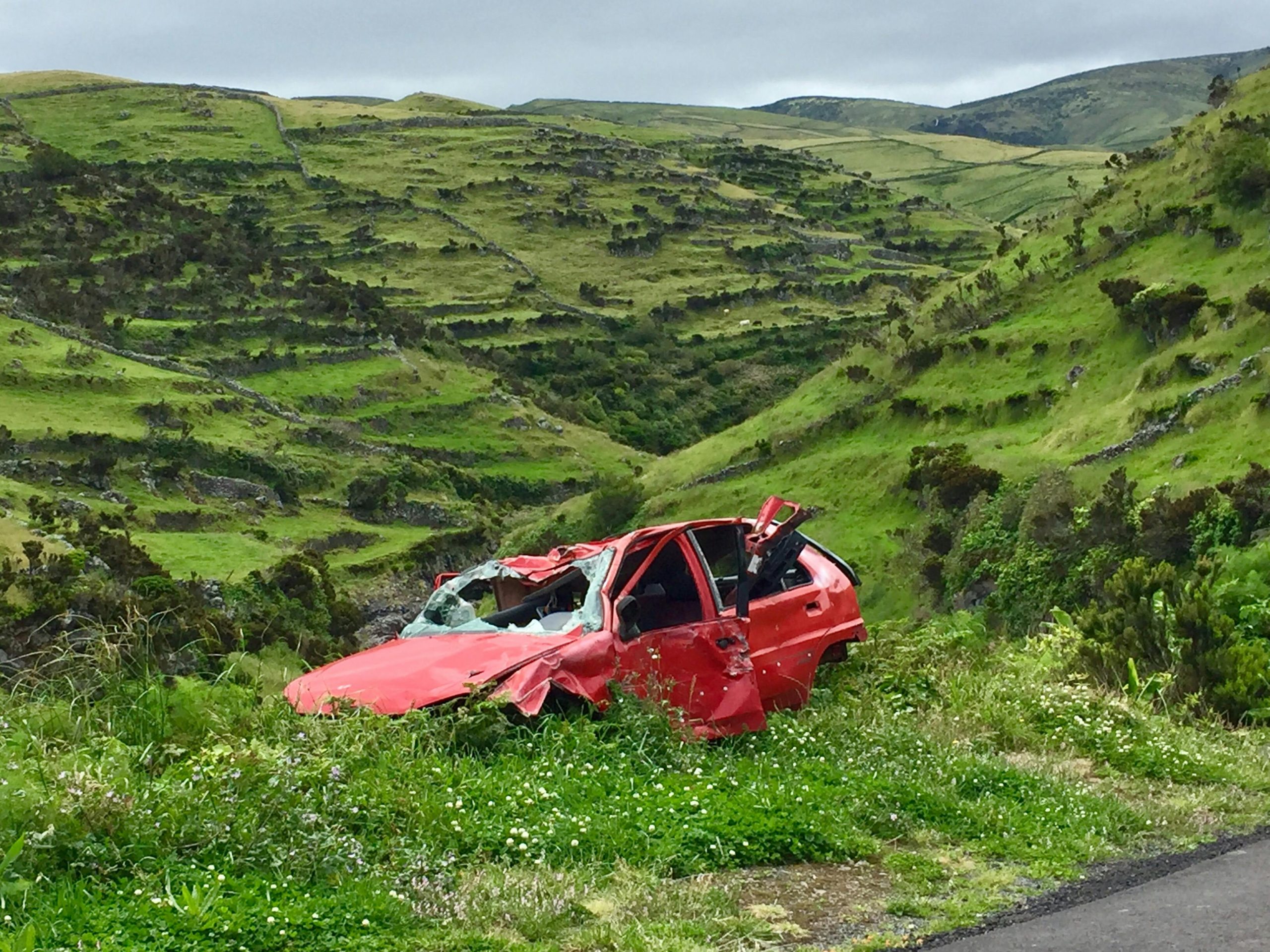 Sometimes, being a passenger in a car can be a frustrating and disturbing experience. This is especially true when actions beyond the passenger’s control, such as being involved in a collision, put his or her life in danger. When such a situation arises, the injured passenger will, understandably, seek compensation from the responsible party. However, if the person who caused the accident leaves the scene and is never apprehended by law enforcement, an injured person may turn their attention elsewhere for financial compensation. Such a situation arose following a car accident on a stretch of highway between Jennings and Lafayette, Louisiana.
Sometimes, being a passenger in a car can be a frustrating and disturbing experience. This is especially true when actions beyond the passenger’s control, such as being involved in a collision, put his or her life in danger. When such a situation arises, the injured passenger will, understandably, seek compensation from the responsible party. However, if the person who caused the accident leaves the scene and is never apprehended by law enforcement, an injured person may turn their attention elsewhere for financial compensation. Such a situation arose following a car accident on a stretch of highway between Jennings and Lafayette, Louisiana.  Nurses fighting one another may sound like a scene from daytime television, but unfortunately, this also occurs in real time. When one employee attacks a supervisor, can a supervisor proceed with a lawsuit against the employer? A nursing home in Laplace, Louisiana, recently tried to be dismissed from a personal injury lawsuit regarding two of its employees, stating it could not be vicariously liable. The Louisiana Fifth Circuit Court of Appeal judged this was a question for trial.
Nurses fighting one another may sound like a scene from daytime television, but unfortunately, this also occurs in real time. When one employee attacks a supervisor, can a supervisor proceed with a lawsuit against the employer? A nursing home in Laplace, Louisiana, recently tried to be dismissed from a personal injury lawsuit regarding two of its employees, stating it could not be vicariously liable. The Louisiana Fifth Circuit Court of Appeal judged this was a question for trial. 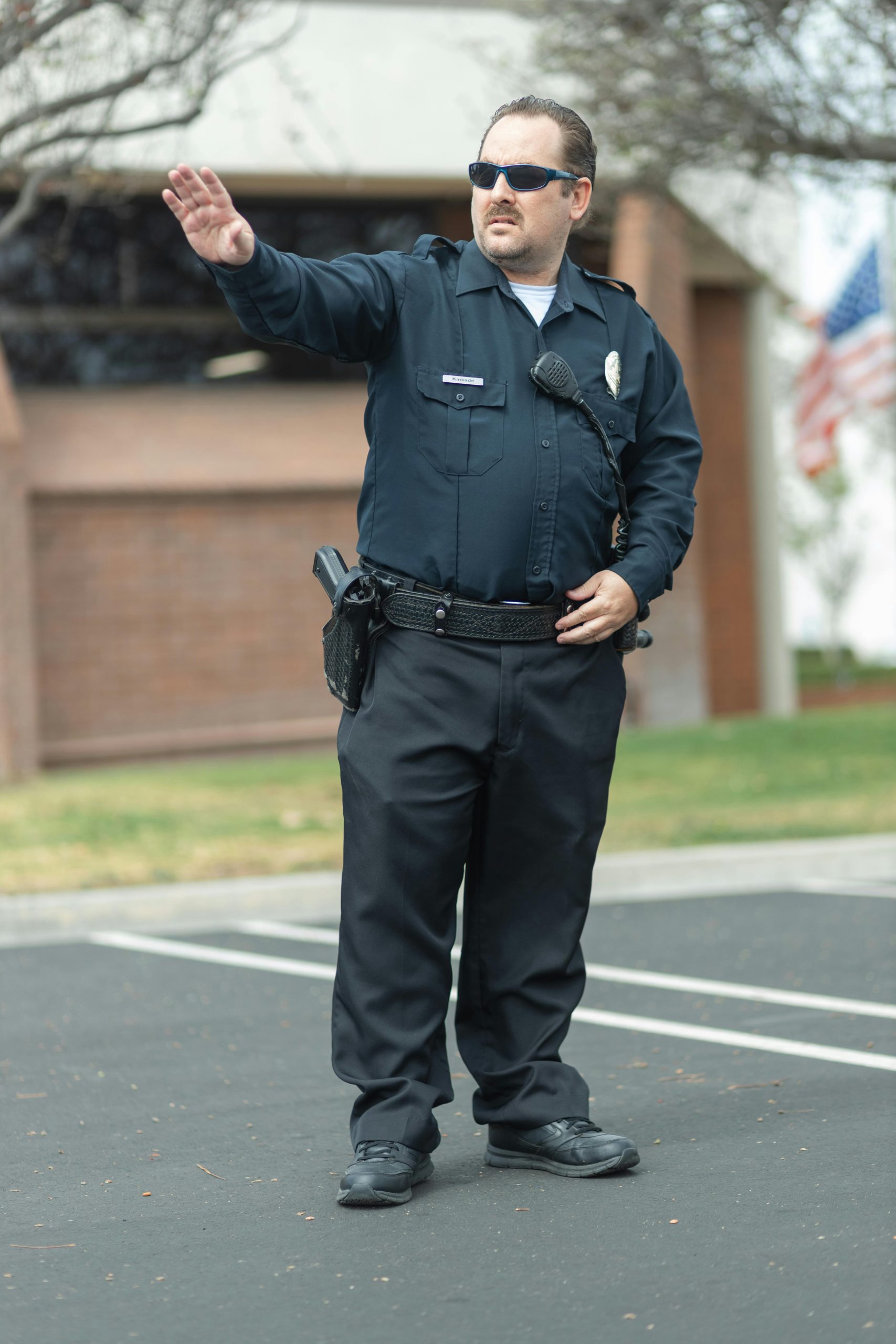 To ensure public trust in law enforcement, local government officials have the power to regulate police officers’ conduct both on and off duty. There are certain lines that police officers should not cross, even in their private lives. The following case shows how the New Orleans Police Department (“NOPD”) can terminate the employment of a long-serving police officer for fighting after a traffic accident and reinforce the high standard they hold their employees to.
To ensure public trust in law enforcement, local government officials have the power to regulate police officers’ conduct both on and off duty. There are certain lines that police officers should not cross, even in their private lives. The following case shows how the New Orleans Police Department (“NOPD”) can terminate the employment of a long-serving police officer for fighting after a traffic accident and reinforce the high standard they hold their employees to. On-the-job injuries can sometimes result in employment termination when the injury prohibits you from completing your work. When this happens, state-funded disability retirement benefits can keep former employees financially afloat; however, eligibility for such benefits depends on how long you have worked for the employer and when you file your claim.
On-the-job injuries can sometimes result in employment termination when the injury prohibits you from completing your work. When this happens, state-funded disability retirement benefits can keep former employees financially afloat; however, eligibility for such benefits depends on how long you have worked for the employer and when you file your claim.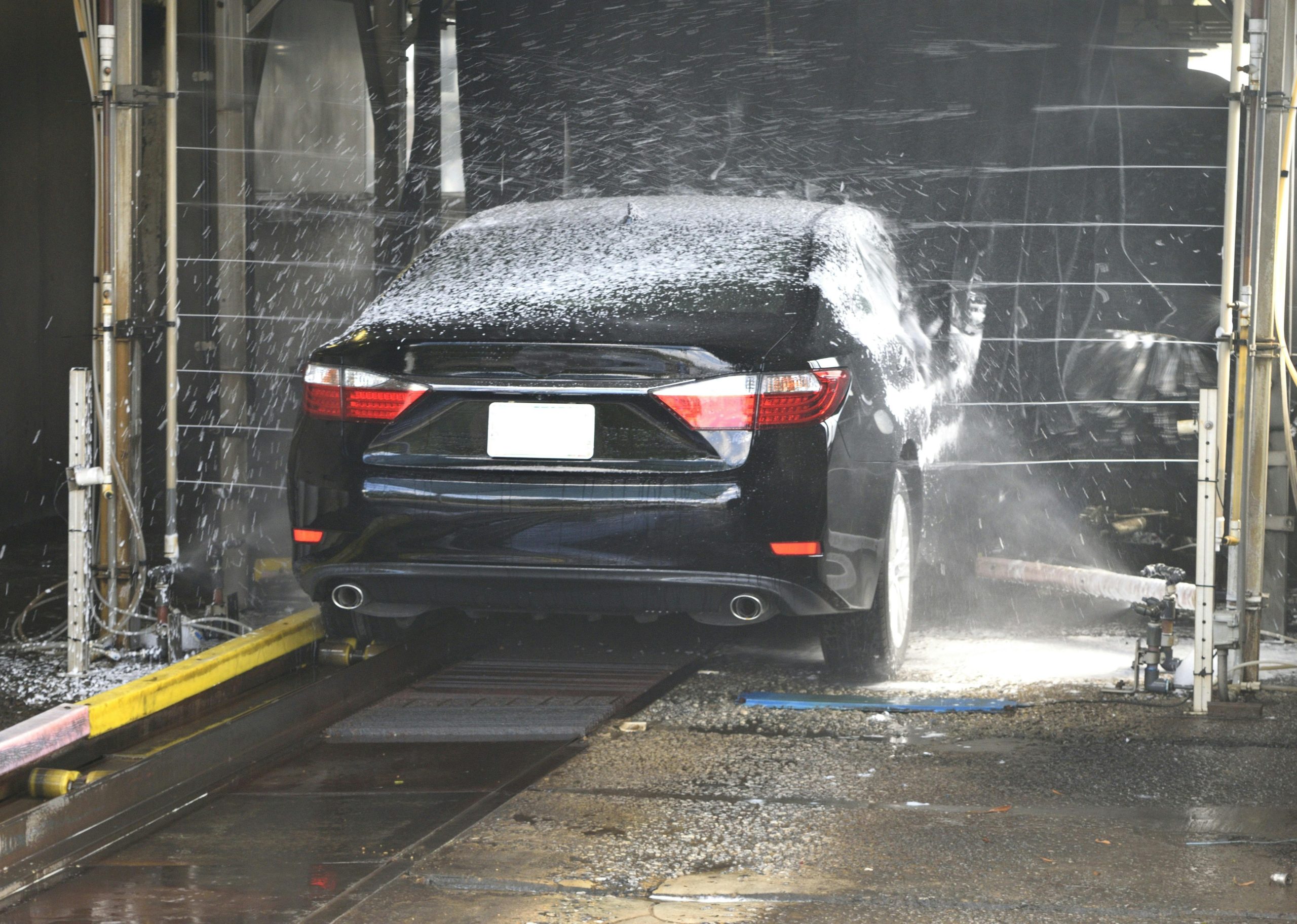 In cases involving multiple defendants, courts are frequently asked to dismiss some or all of the parties because no set of facts can allow a case to proceed. Defendants will point the finger at their counterparts in hopes of securing a dismissal for themselves. However, the dismissal of even just one defendant can mean the loss of significant compensation for the party bringing the lawsuit. In a recent injury case out of Baton Rouge, a family was able to get their day court despite the best efforts of their opponent.
In cases involving multiple defendants, courts are frequently asked to dismiss some or all of the parties because no set of facts can allow a case to proceed. Defendants will point the finger at their counterparts in hopes of securing a dismissal for themselves. However, the dismissal of even just one defendant can mean the loss of significant compensation for the party bringing the lawsuit. In a recent injury case out of Baton Rouge, a family was able to get their day court despite the best efforts of their opponent. 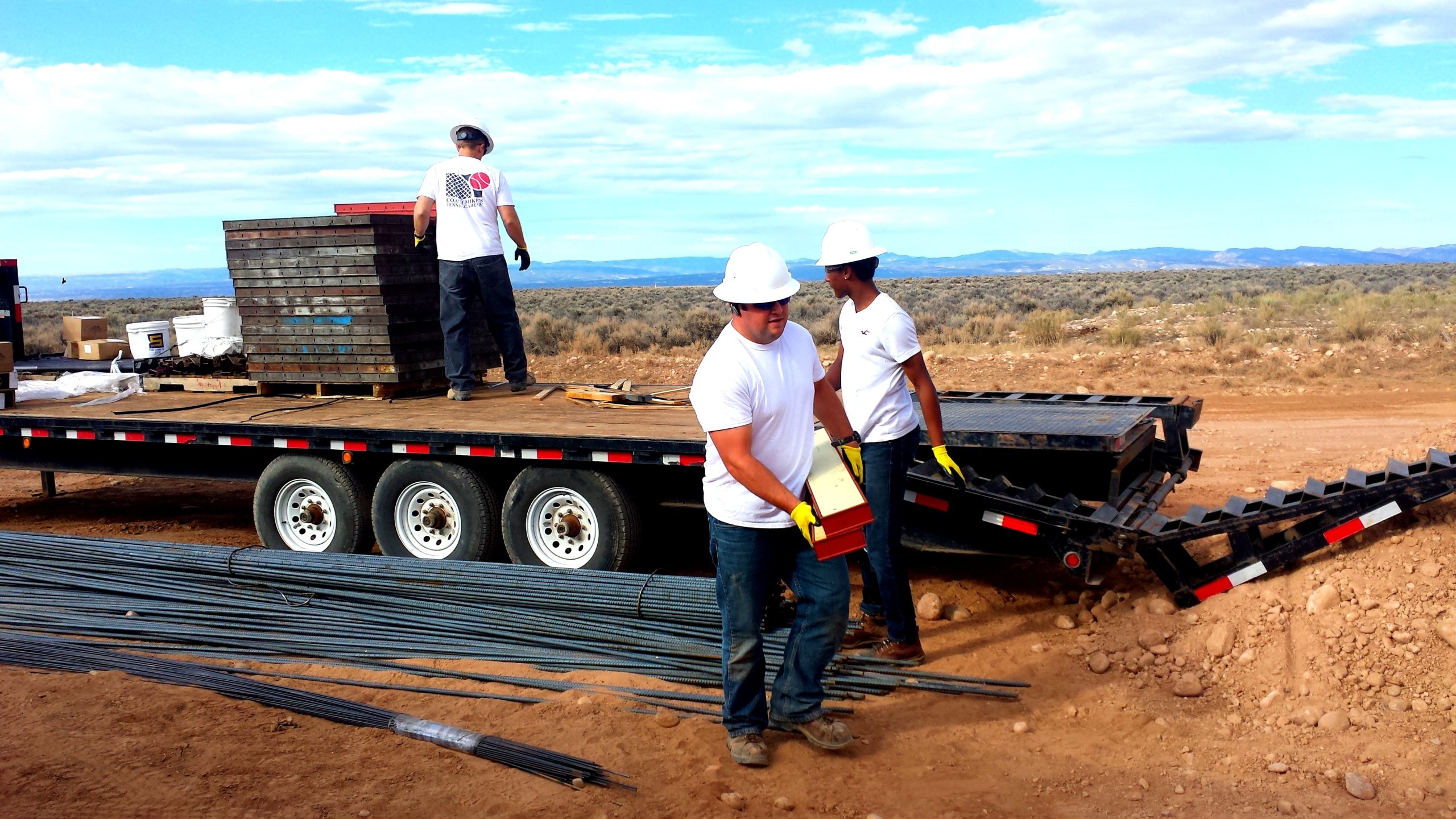 Unfortunately, accidents at the workplace are not uncommon occurrences. What happens, however, when you are injured while traveling? Will you still receive workers’ compensation if you are not physically on the jobsite? The answers to these questions will depend on the facts of the case and whether you were acting within the scope of your employment. The following Caddo Parish case outlines this predicament.
Unfortunately, accidents at the workplace are not uncommon occurrences. What happens, however, when you are injured while traveling? Will you still receive workers’ compensation if you are not physically on the jobsite? The answers to these questions will depend on the facts of the case and whether you were acting within the scope of your employment. The following Caddo Parish case outlines this predicament.